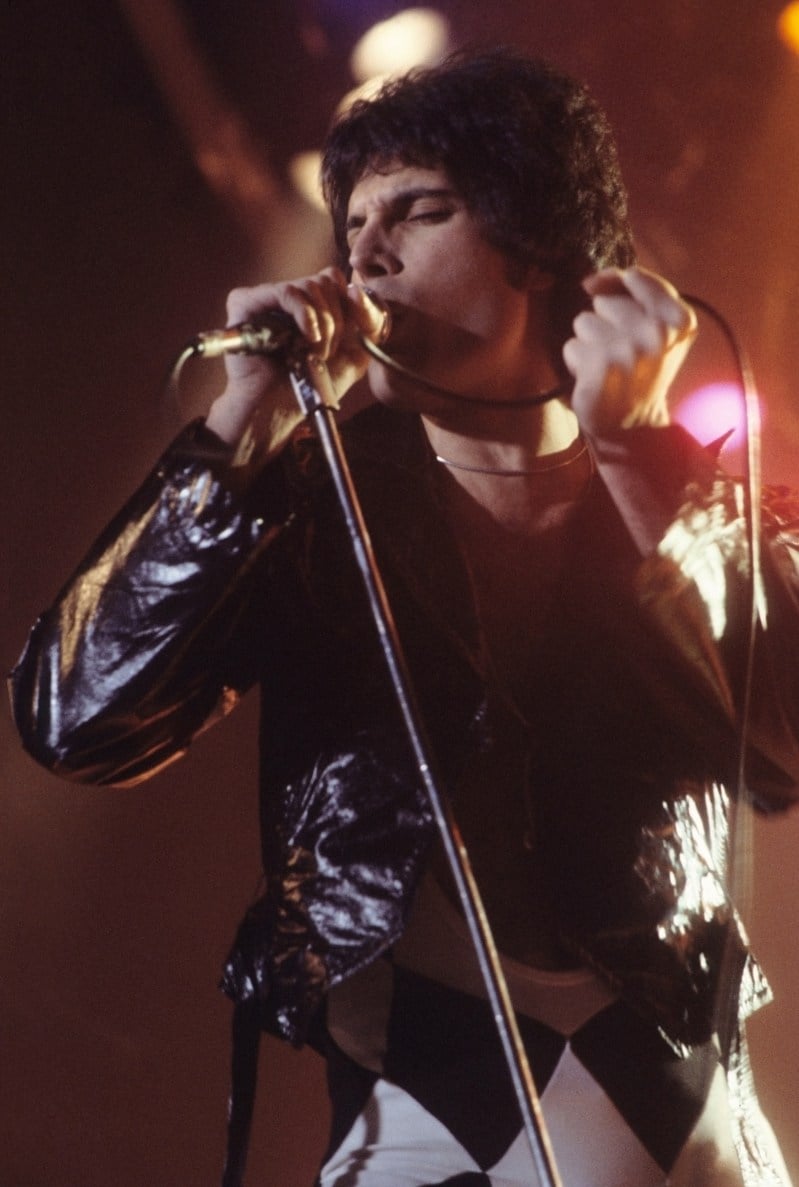This past year drummed in a resurgence in the popularity of the British rock band Queen. With the 2018 biopic “Bohemian Rhapsody” and lead actor Rami Malek shaking up the box office in this year’s film award ceremonies, the band Queen has never been more in the spotlight. The film “Bohemian Rhapsody” celebrates Freddie’s life, showcasing his flamboyance, charismatic stage presence and struggles with his bisexuality. Like any biopic, it is clear that “Bohemian Rhapsody” intended to focus on a historical figure. The film’s lack of focus on the legacy of Queen in musical history then begs the question: how has the band managed to place itself in the pantheon of all-time greats?
No matter what side you approach them from, Queen is one of a select few musical acts that actually deliver on their massive hype. Aside from obvious descendants such as Muse and My Chemical Romance, a countless number of artists throughout the past decades and today cite the band as an influence. Artists as varied as the controversial Marilyn Manson to Nirvana frontman Kurt Cobain, and even Lady Gaga, who credits her stage name to Queen’s 1984 single, “Radio Ga Ga,” have derived inspiration from Queen. The world’s general public seems to know and love anthems such as “We Are The Champions” and “We Will Rock You” in a similar way to how most know their own country’s national anthems.
Each member of the four-man ensemble undoubtedly played a key role in the development of one of the most successful rock bands of all time. Main vocalist and frontman Freddie Mercury had his easily-recognizable vocal color, expansive vocal range and explosive energy whenever he set foot on the stage (as evidenced by Queen’s 1985 Live Aid performance). Drummer Roger Taylor offered his dynamic drumming skills along with his ability to reach the extremely-high vocal registers that provided some of the wildest sounds on Queen’s more operatic tracks, such as “Bohemian Rhapsody.” Guitarist Brian May is often overshadowed by the sheer power of Freddie Mercury despite being heralded as one of the greatest guitarists of all time with his technical multi-layered sound. And bassist John Deacon possessed an incredible talent for penning some of the band’s catchiest and most iconic pop cuts, such as “Another One Bites The Dust” and “You’re My Best Friend.” The incredible synergy between the members powered the band to create well-produced songs characterized by mesmerizing vocal harmonies, electrifying guitar passages and strong emotion.
Perhaps the most impressive of all is Queen’s pervasiveness throughout genres. While they are primarily remembered as a rock band, the heterogeneity of the types of songs they wrote is astounding. It is hard to believe that the same people who created the hard rock banger “Keep Yourself Alive” also produced the operatic, bombastic, and proggy “Bohemian Rhapsody,” the sweet piano ballad “Love Of My Life,” the silly and vaudevillian “Seaside Rendezvous,” the three-step of “The Millionaire Waltz,” the folksy “‘39” and so much more. The exceptional prowess that Queen had in dabbling in and working with so many genres while still maintaining a distinct identity and recognizable sound is uncontested in the music world.
The diversity of the genres Queen experimented with closely mirrored their tendency to reject all binary classifications. Queen was everything–frivolous and earnest, ostentatious and laid-back, gay and straight, sarcastic and sincere, noble and undignified and everything in between. Freddie Mercury, in particular, did as he pleased; his iconic and elaborate costumes were nothing like the general public have been used to seeing from mainstream artists, and his love for music was all-encompassing. Thus, he fought to erase artificial boundaries around society and music every time he strode onstage.
For these reasons, Queen has undoubtedly left their mark in music history by shaping the past few decades within the realms of rock and pop music. Their legacy is clear; the timelessness and experimental approach to their music will continue to inspire artists for years to come.
Contact Jennifer Park at jenpark9 ‘at’ stanford.edu.
